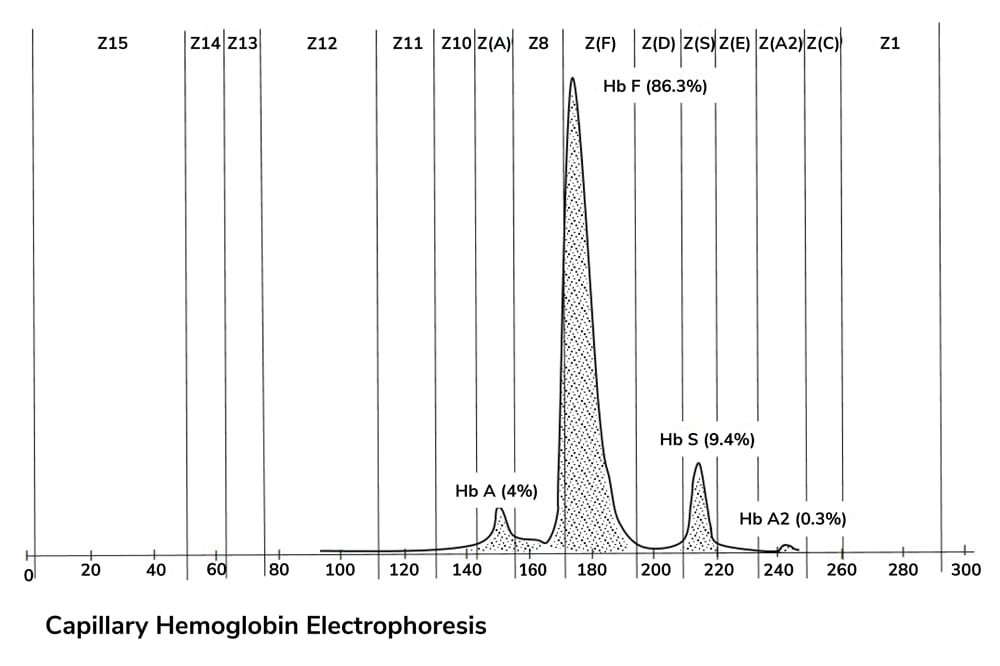
At the very beginning of the pandemic, everything stopped. That is, all routine work around the country halted and everyone concentrated on COVID-19 because it was new and we had no systems in place to deal with it. Our priority was to develop testing so that we could detect cases early and prevent transmission as much as possible. That’s what allowed us to avoid overwhelming the National Health Service during the first peak of the pandemic.
Over the summer, case numbers decreased and workload started to recover. Depending on region and subspecialty, some disciplines (such as hematology and chemical pathology) saw a relatively steady workload throughout, whereas others (such as histology and cytology) saw a significant drop at the height of the pandemic, followed by a surge later on.
The second peak was very different because there was a concerted attempt to maintain routine work in addition to our ongoing focus on COVID-19 and reducing the existing backlog. Pathology and laboratory medicine workloads were very heavy – and were exacerbated by illness, self-isolation requirements, and other obstacles that reduced staff numbers. Although we kept up much of the routine work during the second peak, we still have a significant backlog to get through – that’s the big problem now facing all pathologists and laboratory medicine professionals.
The College works very closely with the National Health Service (NHS), various government organizations, and other Royal Colleges to develop recovery plans. I think it’s important to remember that the staff who are going to be dealing with the backlog of cases are also the staff who are exhausted after over a year of dealing with COVID-19. That’s not just pathology staff; it’s nurses, doctors, porters, cleaners, canteen staff – everybody. We need to work out the most efficient way to overcome the backlog without overwhelming the people.
Training and education haven’t escaped the impact of the pandemic, either. The reduction in subspecialty cases means that there has been less material to learn from – and the case mix is different, which can affect trainees’ learning. Education itself was also disrupted; courses were canceled, teaching methods altered (for instance, to avoid use of multiheaded microscopes), and educators were less available. In fact, many of our trainees were themselves redeployed to work on COVID-19 wards – a stressful experience that required all of their attention and all of our support.
Our examination system has also changed. After having to cancel our spring 2020 fellowship exams, we worked quickly to make subsequent exams COVID-19-friendly – which, in our case, meant moving them largely online. It’s not something we had been planning for the near future, so the College worked very hard to make it happen – and the feedback has been great. Fellowship exams are a significant investment of time, effort, and money, so canceling them has a major impact on people’s careers. We’re very glad that we’ve been able to move the bulk of our exams online so that they can go forward irrespective of the pandemic. Ultimately, we hope to move to a fully digitized exam system – and although our current approach is just a stepping stone, it has taught us many valuable lessons.
We’ve had to modify our training and exams to account for the obstacles COVID-19 has created – but I think that, in some ways, the pandemic has been a positive learning experience as well. Our trainees have had opportunities that wouldn’t otherwise have been available. They’ve written papers about COVID-19; they’ve done research on COVID-19; they’ve participated directly in COVID-19 patient care… It has been a difficult time, but one that brought with it unique opportunities to learn.




